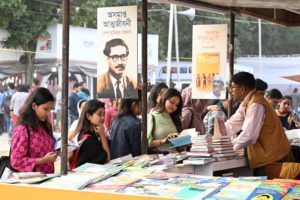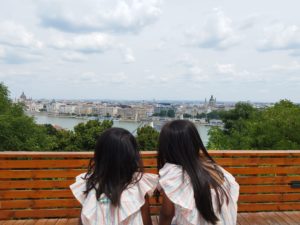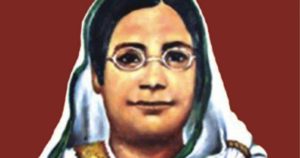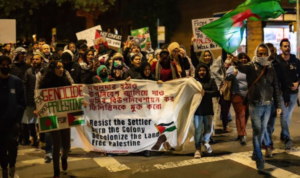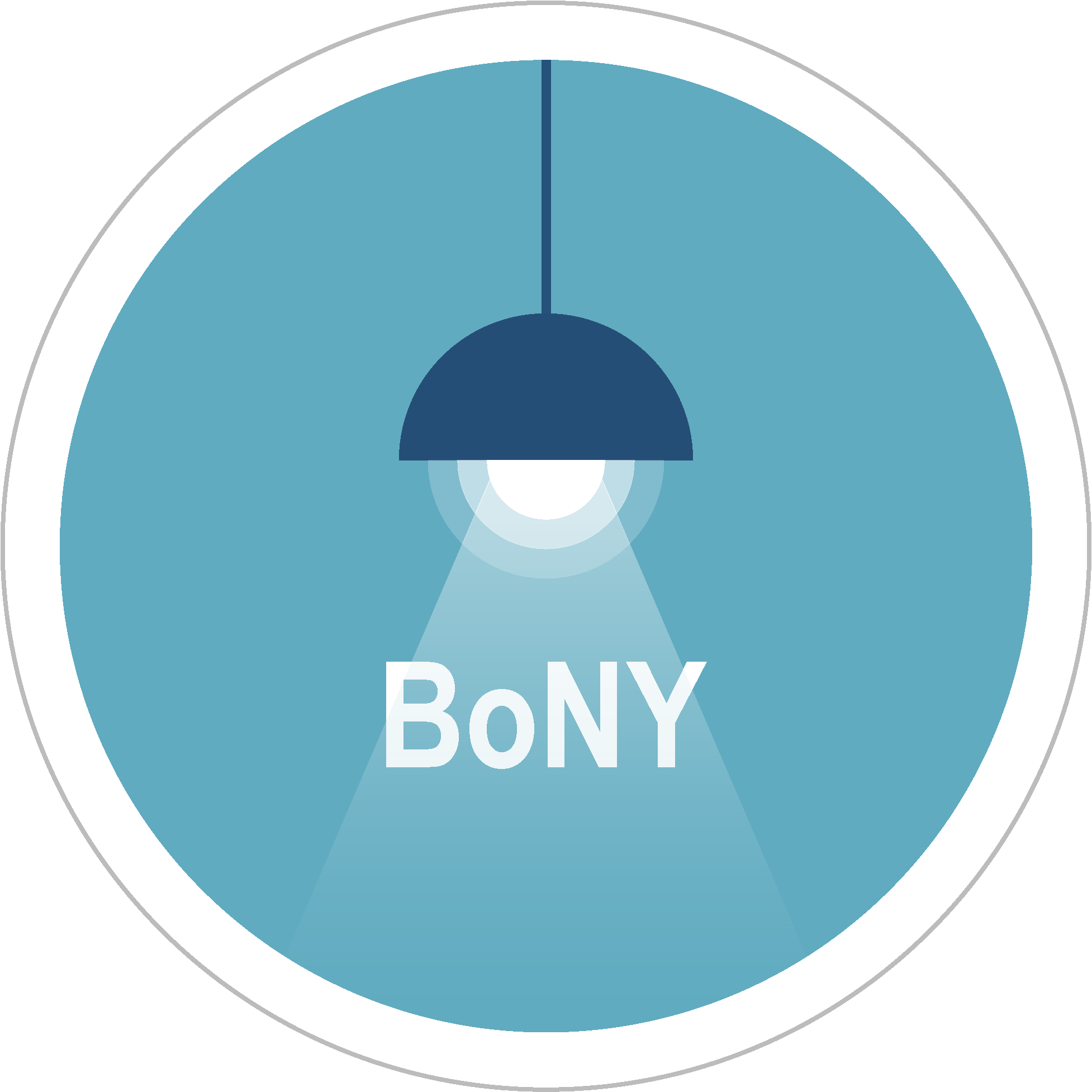Jungle in the Fire-Escape

By Kamrul Khan
Anyone that grew up in a large apartment building in New York had a love-hate relationship with their fire-escape. Something that was created only to use in case of a dangerous situation ended up being used for everything but. I seriously used to think that if there was a fire in my apartment, my family and I would all die. That’s because my mom grew an exorbitant amount of plants and vegetables on our fire-escape, so much so that we would not be able to get out. She refused to buy anything that she could grow at home. Her frugality has somewhat rubbed off on me; I sometimes find myself washing plastic spoons and forks. At work, I will save silverware left over from staff meetings. “No food left behind” is my motto, I hate to throw away food. I even eat things to the detriment of my health sometimes, like if it’s probably gone bad. I can’t help it.
My mom always made me use everything until it was unquestionably unusable. I used to hate it as a kid when my mom would reuse everything. If I stopped wearing a shirt, she would cut it up, sew it together and use it as a pot-holder. My mom hardly bought clothes, she made most of her clothes from materials she bought. She would keep Pepsi bottles, cut a small hole and keep quarters in it. She would not let anything go to waste. If there was some way my mom could re-use spoiled milk she would have figured it out.
Today, there is an entire ‘Voluntary Simplicity’ movement where people choose an alternative lifestyle to that of western consumerism, understandably because consumer debt and personal bankruptcies are increasing every year. More and more people are turning to living more frugal and thrifty lives – an act called “downshifting” or “downloading”. These people learn to live on only a few thousand dollars a year, which means growing their own food, making their own clothes, and using alternative forms of transportation, such as a bike or raft. People in the Voluntary Simplicity movement cite overspending, affluenza, and increasing debt as reasons for joining the movement. It is also important to note that although financial stability is the main motive for this lifestyle changes, many do it to have a better quality of life – a life revolving around one’s family and nature.
For my mom and dad, the reasons were more primitive. They had to provide for a family and put a roof over their two sons’ heads. This meant that priority #1 was paying rent and then bills. Any opportunity to save money, be it growing things and reusing things, was taken. I sometimes think back to growing up in that apartment building in Brooklyn and I wonder how we lived on so little. My parents’ combined income could not have been more than $20,000 dollars, and this was in the 90’s. But we never starved, we had clothes and were healthy. They did it by making sacrifices, not going on fancy vacations, going to the movies or buying overpriced suits.
I will get off my high horse and acknowledge that I am nowhere nearly as frugal as I should be or as my mom would want me to be. I have more suits than a normal person should have, I go on really nice vacations, and I buy pot-holders, I don’t make them. But every time I pass by a building and see even just a potted plant on it, I think back and a deep sense of appreciation fills me for everything my parents did for me.
Read More
The Legacy of Boi Mela
Every year in February, the month-long national book fair welcomes...
Read MoreMillennial Amma: How to Explain a Global Crisis As a Parent
Rumki Chowdhury shares tips for how to talk to children...
Read MoreBegum Rokeya’s Millennials
A tribute to a pioneering Bengali feminist writer, educator and...
Read More